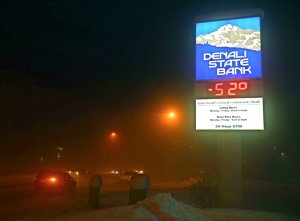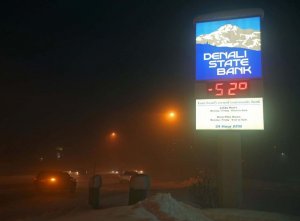Don M.
SF VIP
- Location
- central Missouri
Still waiting for the charts to begin to show some real signs of global warming. It has to be something that can really cause hardship for people. Gaining more mild climate territories will allow the farming areas to expand and that means all people and animals will have a better time of eating and living better.
I've seen several "charts" regarding global warming....from many different sources, and the All show a gradual warming of the planet. They can't All be wrong. With regard to expanding areas of farming....yes, some of the more Northern areas may get mild enough to grow crops, but that will probably be offset by Southern areas becoming too hot and dry to continue productive agriculture. Then, there is the problem of vast amounts of Methane gas locked into these Northern lands...Canada, Alaska, and especially Siberia...from frozen rotted vegetation. If these areas begin to melt sufficiently to begin releasing that Methane, it will make use of fossil fuels seem paltry by comparison. Methane is far more effective than CO2 in trapping the atmospheric heat, which would send the warming up by substantial margins. There is already a lot of concern about the amount of Methane being released by "cow farts", and millions of tons of that gas frozen in the northern tundra's and the depths of the oceans.
However, our generation has little to fear from changes in the climate...we will all be long gone by the time it becomes a major issue....but if you have grandkids, and beyond, they are going to live in a far different world than we do.



